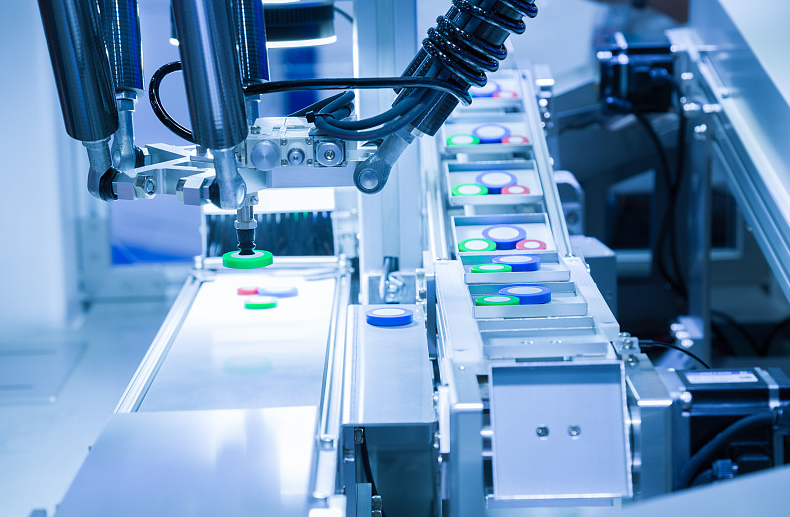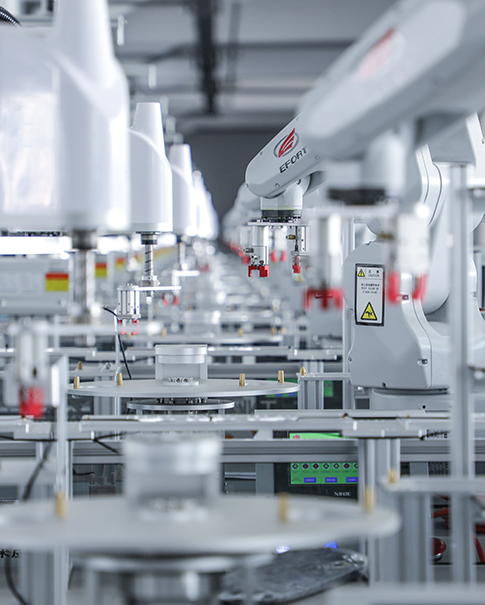In industrial production, the control system is the core to ensure the smooth and safe operation of the device. Among them, DCS (distributed control system) and ESD (emergency shutdown system) are two common control systems. DCS is mainly used for process control, while ESD is responsible for safety protection and safety interlocking. Although the stability of DCS system has been significantly improved in recent years, and it also has some functions of ESD, the positioning of DCS and ESD in industrial design is still different. Why do we still insist on designing independent ESD systems in many important devices? This requires an in-depth analysis of the differences between the two in terms of functions, design goals and safety levels.

1. The main functions and positioning of DCS and ESD
First of all, the functions and roles of DCS and ESD are different in design. The DCS system is responsible for real-time control and monitoring in the production process, and can dynamically adjust process parameters to keep the production in a stable and compliant state. Its goal is to ensure the smoothness of the production process and ensure that the product meets quality standards. Usually, the DCS system is dynamic in operation, able to handle real-time parameter changes and maintain process stability through operator intervention or automatic adjustment.
Although DCS can also achieve certain safety interlocking and alarm functions, its original design is mainly for process control, rather than ensuring the safety of equipment and personnel in extreme cases. The safety level of ESD system is generally higher than that of DCS because it is designed to handle critical conditions. Due to the high safety of ESD, it must be able to operate independently when DCS fails or human intervention fails to avoid unexpected situations. To this end, the ESD system must have the following independence:
In terms of operating mode, the ESD system is characterized by static monitoring and protection, while the operation of the DCS system is often more dynamic. Specifically, the DCS serves real-time parameter adjustment and process control, and often requires frequent human intervention and monitoring, so that when there are small fluctuations in the production process, the DCS system can respond in time to avoid excessive interference with production. However, this frequent human operation may cause human error, especially under emergency and pressure.
4. The response speed of ESD and DCS
Another significant difference is the response speed of the two. ESD systems usually require faster scanning and response speeds to ensure timely response in emergencies. For most ESD systems, the response speed is at the millisecond level, and this fast response capability can effectively prevent the expansion of accidents. The response speed of the DCS system is usually slower because its main function is production control and dynamic adjustment, and it does not need to respond to emergencies in milliseconds like ESD. Although the response speed of the DCS system can meet the needs of process control, it cannot meet the requirements of ESD in terms of key safety protection.
5. Why is it still important to design an ESD system independently?
Conclusion
Email us
Reply within one working dayVisit us
32D Guomao Building, No.388, Hubin South Road, Siming DistrictDisclaimer : Salesplc sells new and surplus products and develops channels for purchasing such products. This website has not been approved or recognized by any of the listed manufacturers or trademarks. Salesplc is not an authorized distributor, dealer, or representative of the products displayed on this website. All product names, trademarks, brands, and logos used on this website are the property of their respective owners. The description, explanation, or sale of products with these names, trademarks, brands, and logos is for identification purposes only and is not intended to indicate any association with or authorization from any rights holder.
Copyright @2024 SalesPlc Limited. Sitemap
/ Blog
/ XML
/ Terms And Conditions
/ Privacy Policy
 Network Supported
Network Supported
